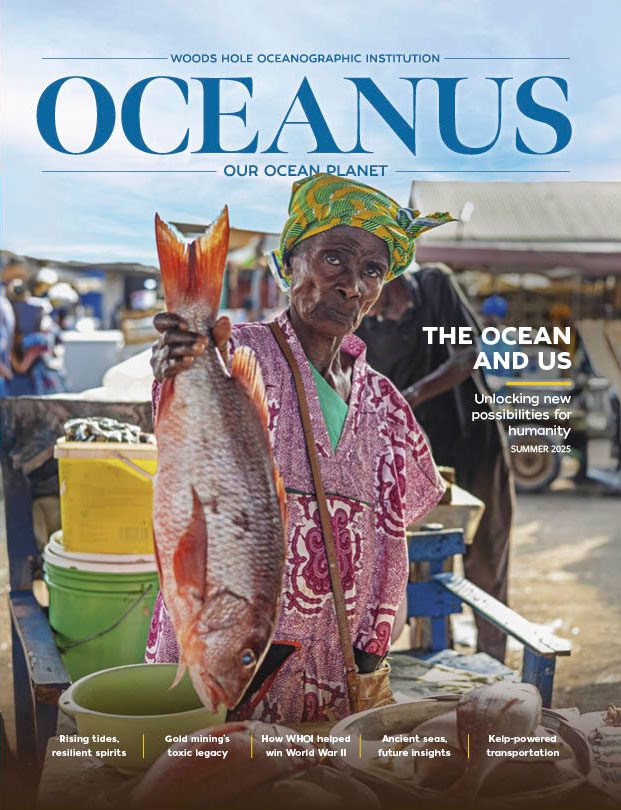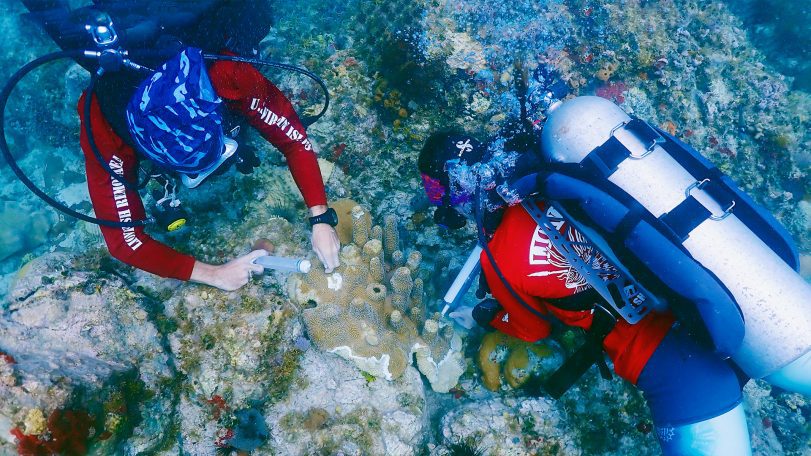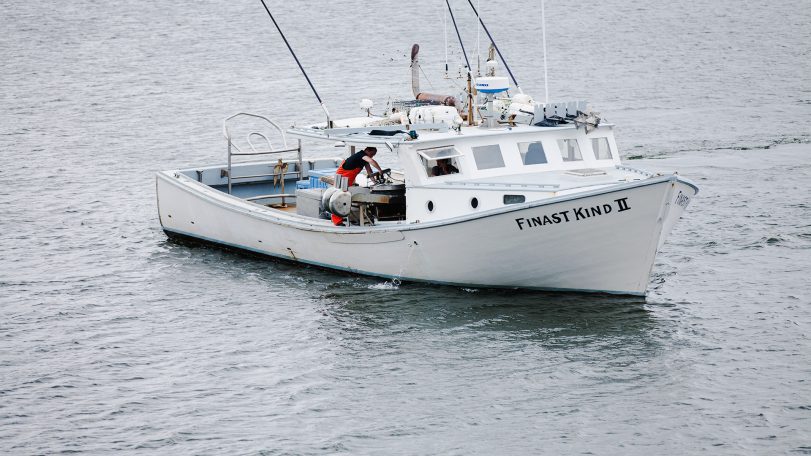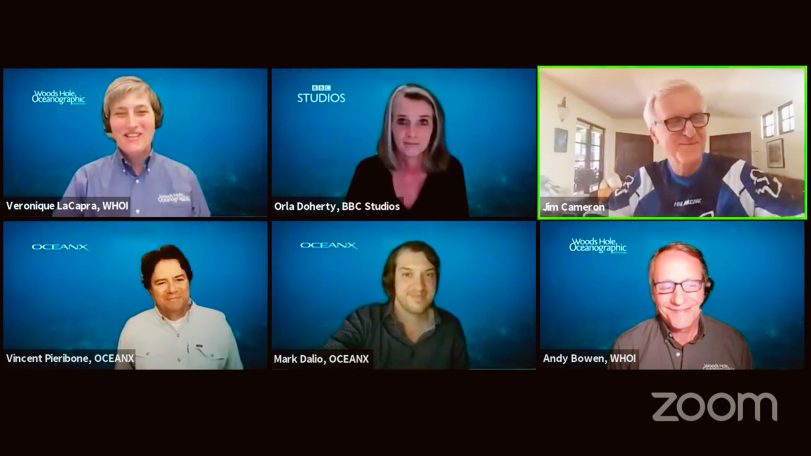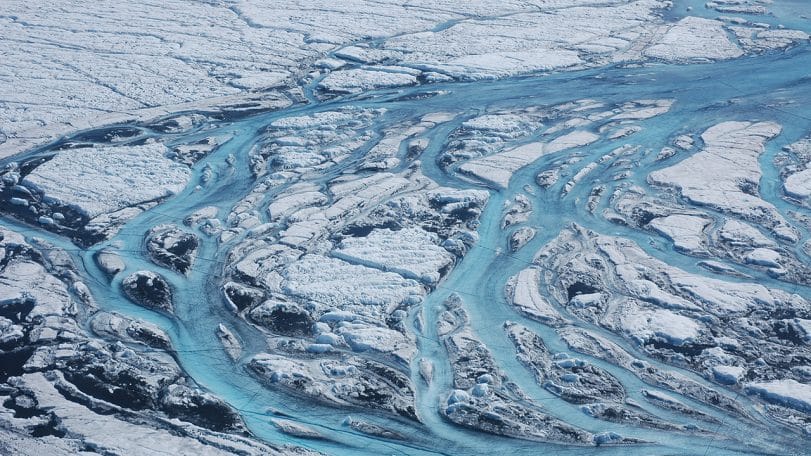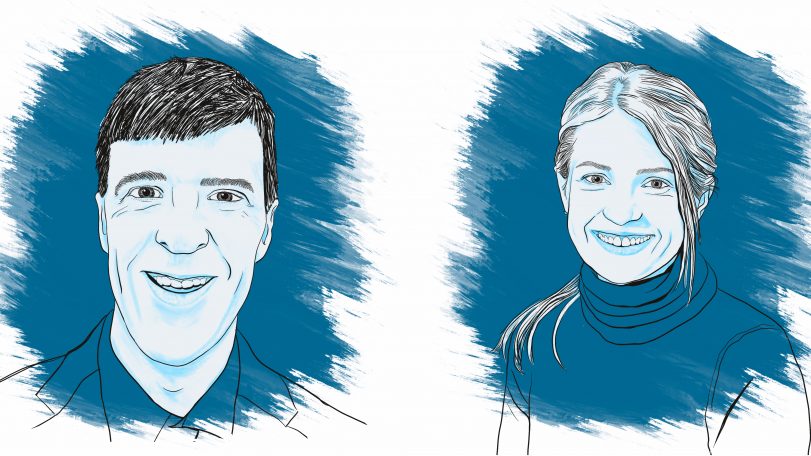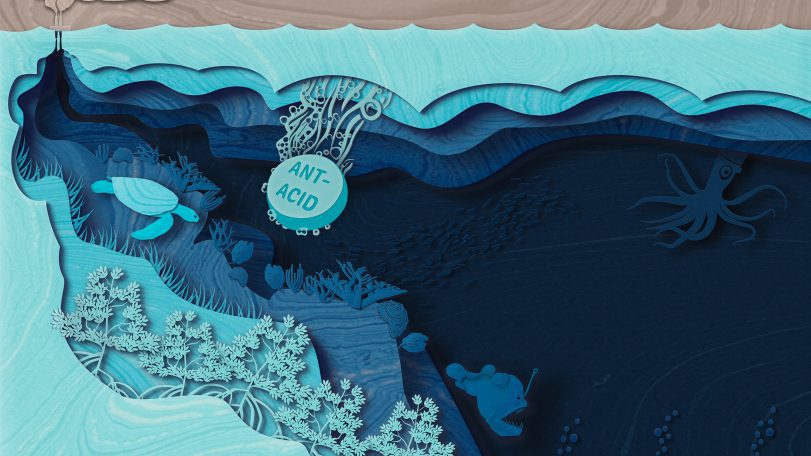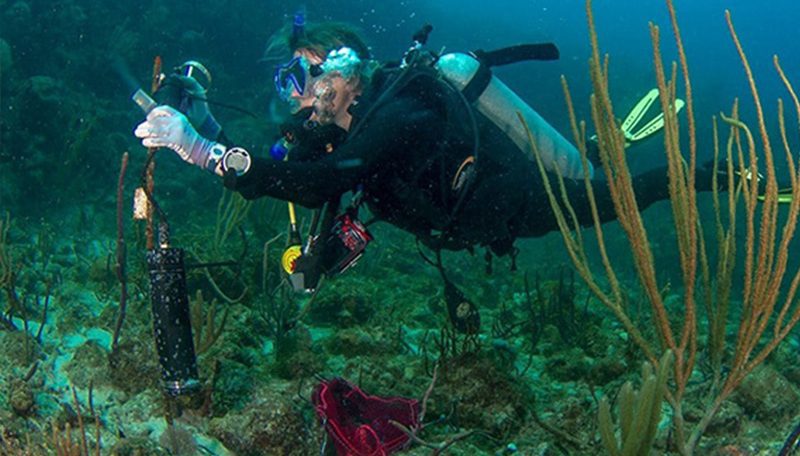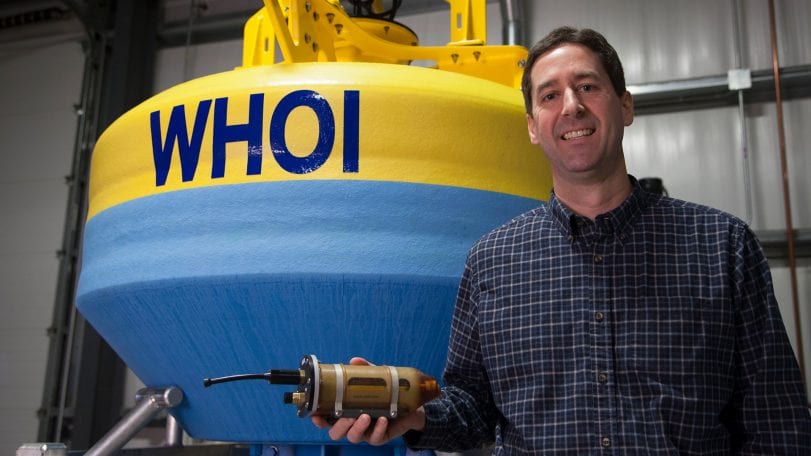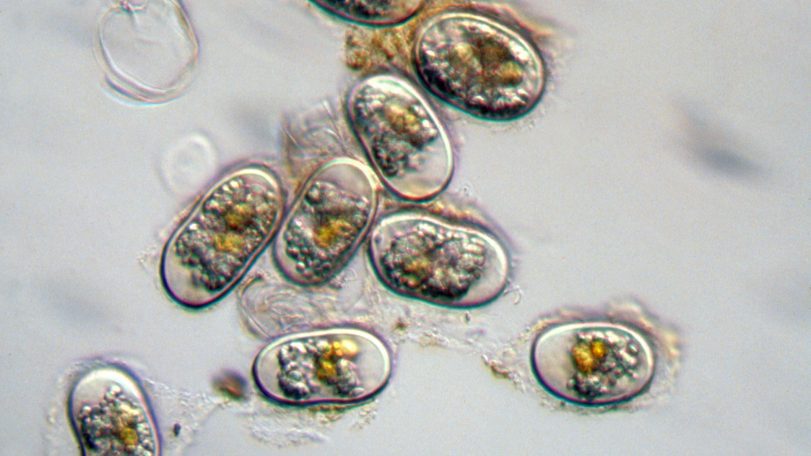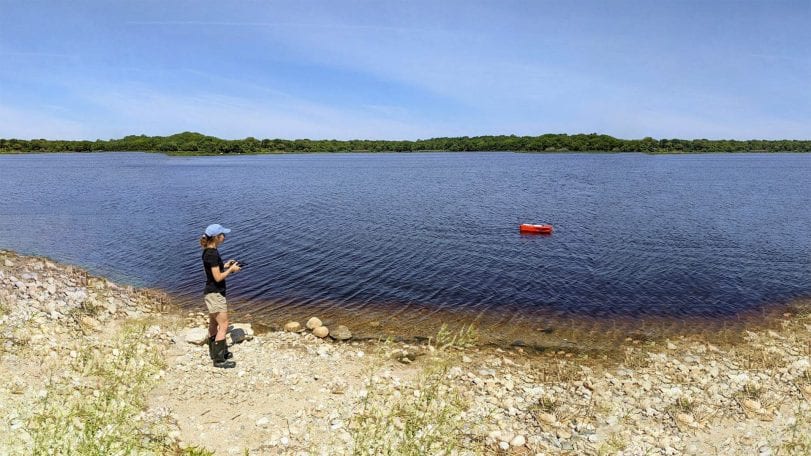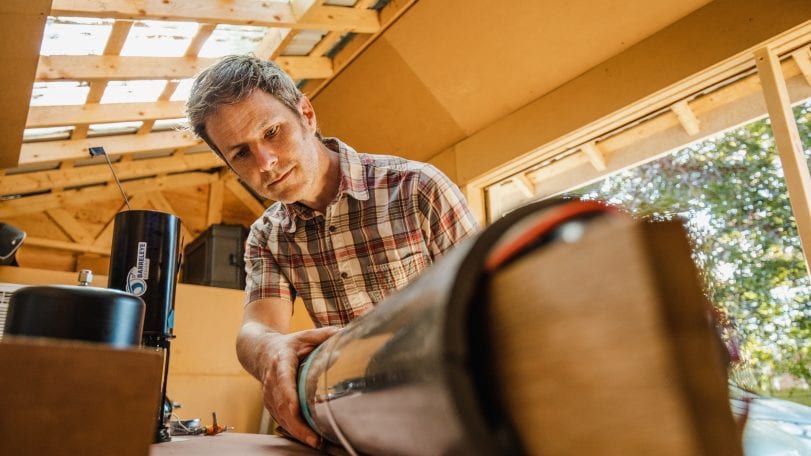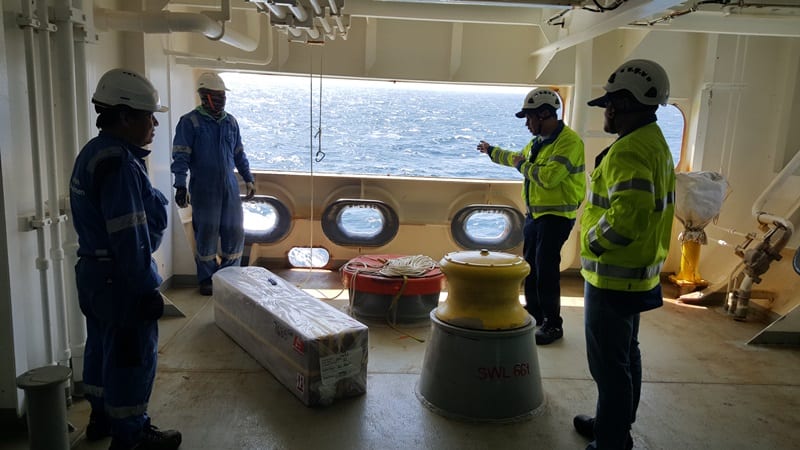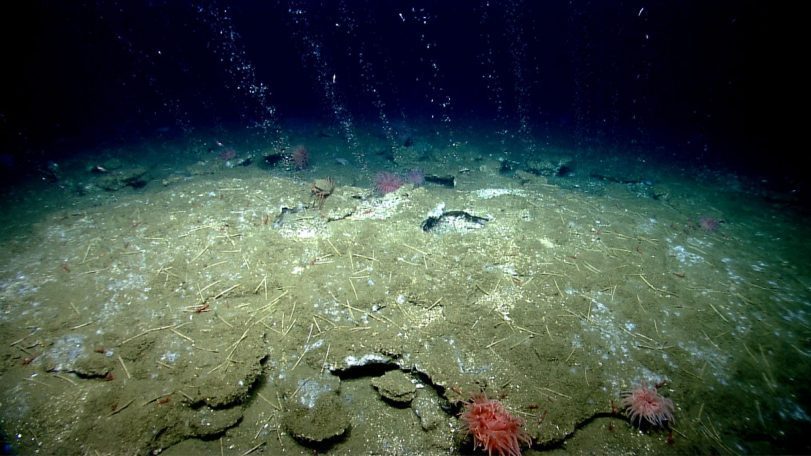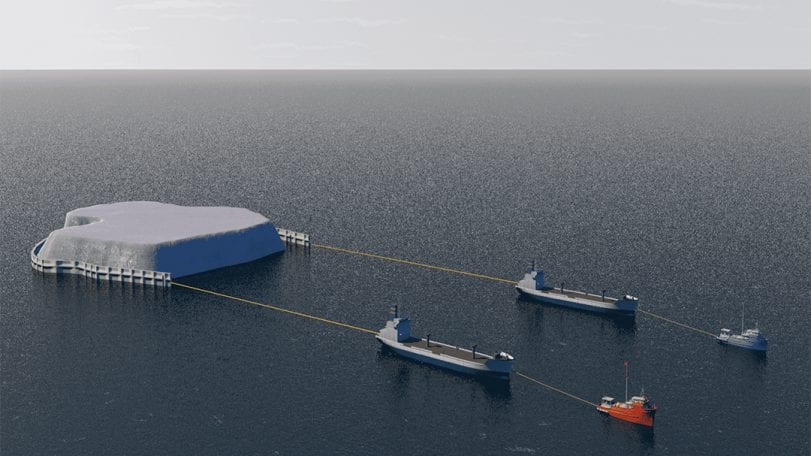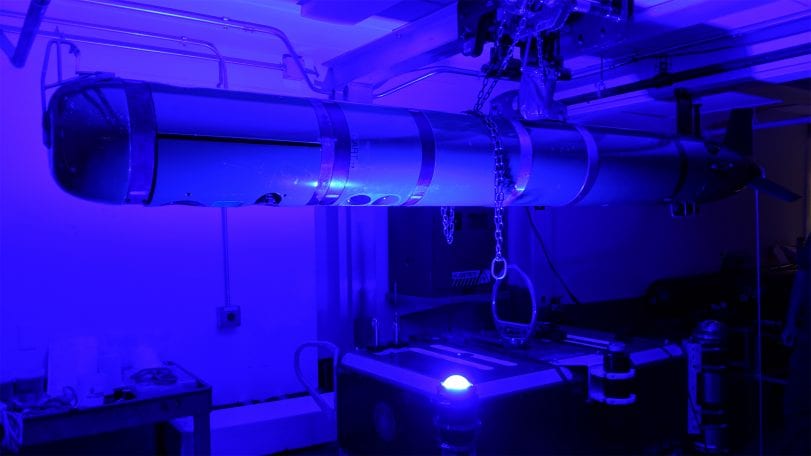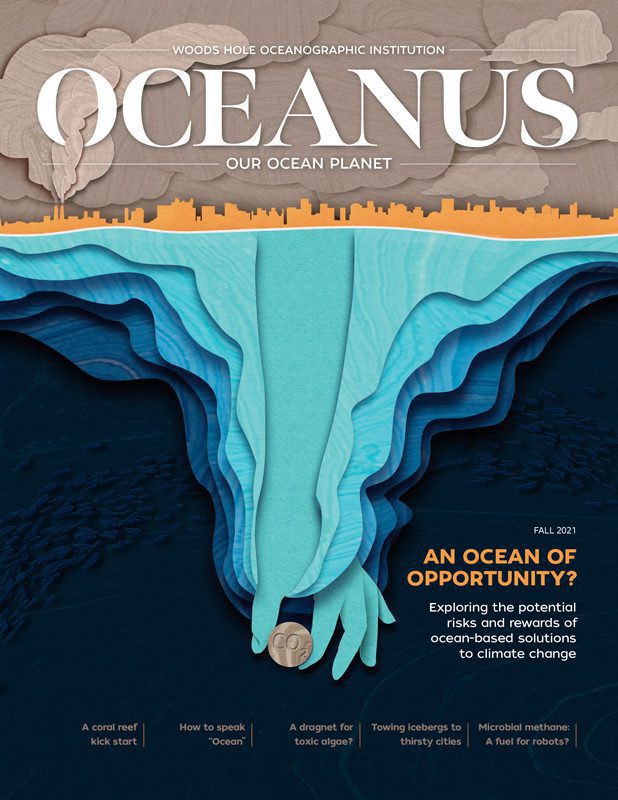
Fall 2021 ( Vol. 56 No. 2 )
and get Oceanus delivered to your door twice a year as well as supporting WHOI's mission to further ocean science.
Our Ocean. Our Planet. Our Future.
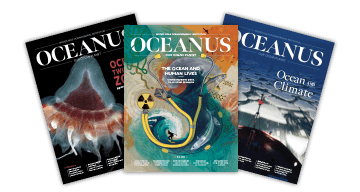
An aquatic outbreak
Stony coral tissue loss disease continues devastating Caribbean reefs. Here's what we know about it so far
Ocean data gives Northeast fishermen an edge against a warming ocean
Fishermen successfully brace against warm water wave from Gulf Stream, thanking greater access to data from the WHOI Shelf Fleet Program
How to speak "Ocean"
Major communications initiative aims to bridge gaps in ocean literacy and awareness
An enduring legacy of impact in ocean and climate research
The new Francis E. Fowler IV Center for Ocean and Climate—a flagship program of WHOI’s president—is designed to unlock the institution's full potential as the world’s premier independent ocean research organization to address climate change
From the sound: A future powered by the sea
These two WHOI scientists discuss the promise of offshore wind and wave as renewable energy, and why WHOI is uniquely poised to make these safe and efficient forms of power
An ocean of opportunity
Ocean experts explore the potential risks and rewards of ocean-based solutions to climate change
A coral reef kickstart
WHOI's Reef Solutions Initiative takes a multi-disciplinary approach to investigate solutions for ailing coral reefs
Whale Safe
For Mark Baumgartner, Whale Safe is the natural evolution of WHOI’s work with passive acoustics
A dragnet for toxic algae?
To keep a close eye on harmful algal blooms, shellfish farmers are relying on a WHOI-developed camera system that spies on toxic species below the surface and sends alerts when they’re present.
How historic hurricanes can help predict storm intensity
Research into past hurricanes could help predict the strength of future storms, and inform infrastructure planning and emergency management decisions in southern New England
New glider design aims to expand access to ocean science
Gliders are vehicles vital to collecting oceanographic data, but not accessible to everyone in the ocean community. A team of WHOI engineers want to change that
Science RoCS Initiative responds to need for increased ocean monitoring
Commercial ships are helping oceanographers deploy robotic Argo floats to keep an eye on hard-to-reach parts of the ocean
Microbial Methane – New Fuel for Ocean Robots?
Researchers are developing on an energy harvesting platform that converts marine methane to electricity. The system could be an answer to power-hungry robots that are being asked to explore increasingly larger swaths of the ocean.
Can icebergs be towed to water-starved cities?
The big tow Researchers have floated the idea of long-distance iceberg towing for decades.
Can seismic data mules protect us from the next big one?
Researchers look to new seafloor earthquake detection systems for better detection and warning of seismic risk
